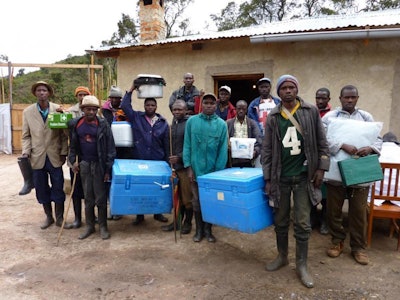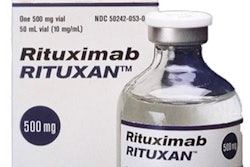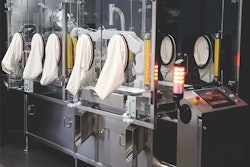
Vaccines typically need to be stored between 35°-46° Fahrenheit, which poses financial and logistical challenges for the supply chain. It’s estimated that roughly 80% of the cost of vaccine programs is due to cold chain problems. Both high costs and the need to be shipped in temperature-controlled environments means many vaccines don’t reach remote areas and developing countries.
A recent Pharma Pro article says researchers from EPFL's Supramolecular Nanomaterials and Interfaces Laboratory have come up with three biocompatible additives that can keep vaccines stable for weeks and sometimes months: nanoparticles, polymers, and sucrose. Each additive shows varying results for duration of preservation and half-life, which can be viewed in the article.





















